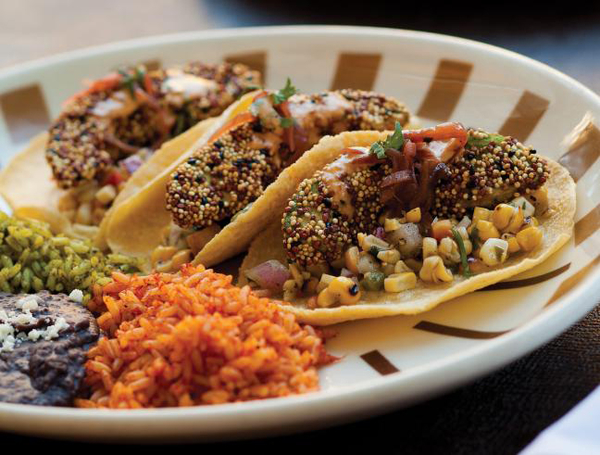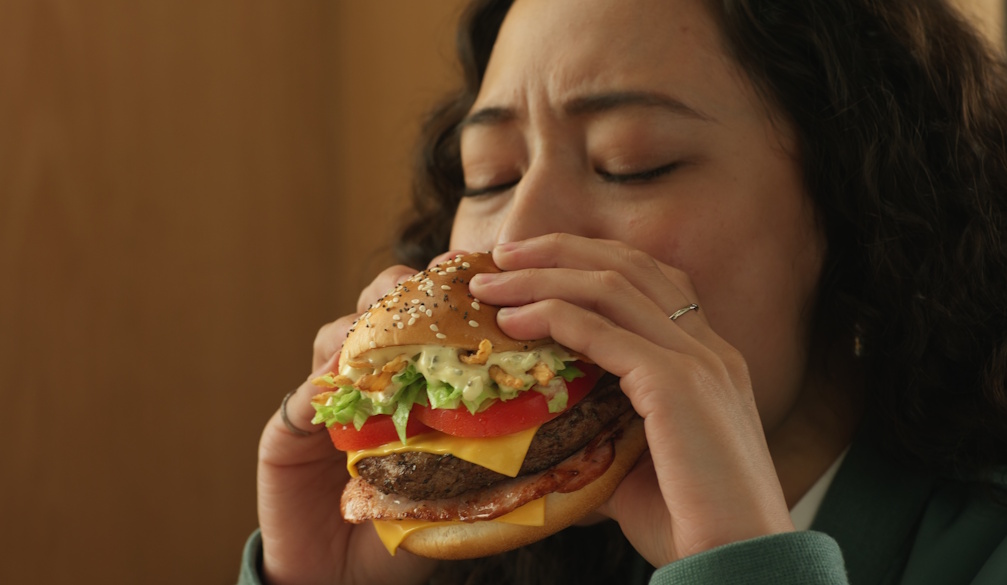Safest Type Of Food Containers To Store Your Leftovers
- Written by NewsServices.com

When it comes to home cooking, we all tend to cook too much from time to time. Although we recommend cooking in smaller portions so that all food can be finished at once without creating any waste, there is nothing wrong with having some leftovers every now and then. However, when you do have leftovers, you must keep them stored away in a suitable container that is not only environmentally friendly but, most importantly, safe for your health. A sustainable packaging with no PFAS is a good starting point.
Throughout the past decades, more and more people start to become aware of the possible health-related dangers that certain packaging containers bring along. This is especially the case in the food industry. After all, we all want to make sure that the foods we consume are healthy and do not contain any, potentially toxic, chemicals. The best-known chemical that can be found in food packaging and storage containers is BPA. BPA is the world’s most commonly produced chemical that is used to make durable and transparent plastics. Because BPA plastics are extremely durable and transparent, they are popular in a wide range of industries, hence the chemical can be found in many everyday items. When it comes to the food industry, BPA can mostly be found in the form of plastic bottles and food storage containers.
Under normal circumstances, the use of BPA-plastic containers is relatively safe. It has to be stated that the opinion of healthcare professionals differ when it comes to the dangers of BPA. One thing, however, is for certain. When BPA-positive packaging materials are exposed to high temperatures or pressure, or when the packaging itself gets damaged, the BPA chemical can leak out of the packaging. When this happens, the chemical leaks into the food stored inside and, upon consumption, enters the human body. When consumed in large quantities, BPA is argued to affect brain development and it increases your chances of getting diabetes or cancer.
Because of the reasons stated above, it doesn’t come as a surprise that more and more people choose to be safe rather than sorry. As a result, alternative food storage solutions have become increasingly popular. This is also important when it comes to your food leftovers. After all, most of them are used to store hot foods or kept in the freezer where the low temperatures may crack the packaging. When exposed to these extreme temperature changes, plastic containers may crack and leak BPA into your foods. Hence, we’d advise you to stay away from plastic food containers to store your leftovers.
So, what are the alternative options? Well, it’s no secret that most storage containers on the market are made of plastic. After all, plastics are the most commonly used material for packaging materials due to their durability and extremely low price tag. Luckily, however, there are several healthy alternatives available.
First of all, it has to be understood that not all plastics contain BPA. PET, for example, is a commonly used BPA-free plastic material. As such, it is relatively safe to use for food storage. That being said, PET plastics still contains numerous other chemicals as, after all, plastic is a chemical material. Although it may not contain BPA, the other chemicals may still affect your leftovers when your PET packaging is cracked or exposed to high temperatures. This is why we’d only advise you to store cold and dry foods in PET containers such as tea leaves, spices, and cookies. For leftovers, however, we’d recommend you to stay away from plastics altogether.
When it comes to alternative food storage containers that are plastic-free, there are two main types of containers that are commonly available; glass and metal. Glass is perhaps the most commonly used material for food storage. Whether it’s glass bottles or containers, it’s highly popular to store any type of food. The reason why glass is a popular packaging material for food products lies in the fact that it’s 100% food-safe. According to the FDA, glass is one of the only materials that are completely food-safe and can be used for storing any type of food product. After all, it is a natural material that does not include any chemicals. Besides, most glass food-storage containers can withstand extremely low and high temperatures. Added to that, they form a complete barrier against outside air, moisture, and smell. Along with the fact that glass does not corrode or rust, it’s a perfect type of packaging material for any type of leftovers you may have. Glass can be safely used for hot and cold foods, solid and liquid alike. Whether you wish to store some leftover gravy or sauces in a glass bottle or the leftovers of your dinner in a glass container, there is no need to worry about any potential health effects.
Besides glass, another popular alternative to plastic food storage containers is metal containers. Metal containers are commonly used in the food industry to store preservatives. When it comes to metal containers, we do, however, advise you to stay away from traditional metal packaging such as tin-plated iron jars. This because tin packaging comes with a coating to protect it against corroding. This coating includes certain chemicals, one of which is BPA. As such, we’d recommend you to go for aluminum instead.
Aluminum food packaging is, just as glass, 100% food-safe. Aluminum is also a natural material that is completely resistant to corrosion and rust. As a result, it does not need any chemical coatings to maintain its original quality. Added to that, aluminum is furthermore one of the most recyclable materials available, making it an environmentally-friendly choice of food packaging. Aluminum food packaging commonly comes in the form of tin containers and aluminum bottles. Aluminum tins are perfect for storing leftovers, for solid and liquid. Aluminum bottles, on the other hand, are great to store sauces, drinks, or gravy.
The aluminum material does not get affected by any type of food and can furthermore be easily cleaned after use. As such, you’ll be able to reuse your containers and bottles over and over again. If you’re looking for a safe and environmentally-friendly way to keep your leftovers stored away in the freezer or fridge, aluminum is a perfect way to go!





















